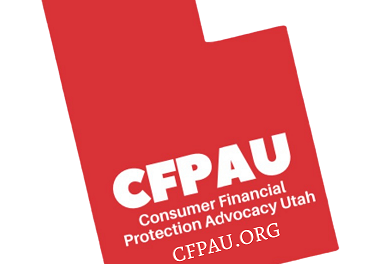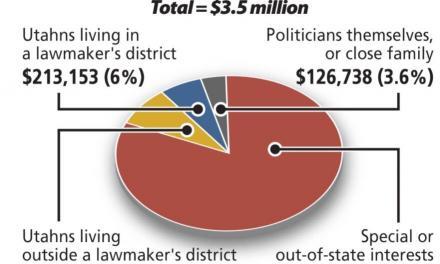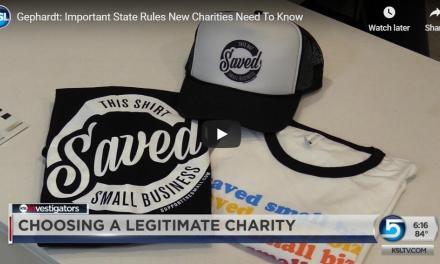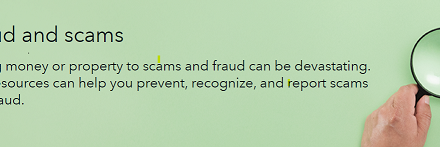
The U.S. Securities and Exchange Commission defines affinity fraud as follows:
Affinity fraud refers to investment scams that prey upon members of identifiable groups, such as religious or ethnic communities, the elderly, or professional groups. The fraudsters who promote affinity scams frequently are — or pretend to be — members of the group. They often enlist respected community or religious leaders from within the group to spread the word about the scheme by convincing those people that a fraudulent investment is legitimate and worthwhile. Many times, those leaders become unwitting victims of the fraudster’s ruse.
These scams exploit the trust and friendship that exist in groups of people who have something in common. Because of the tight-knit structure of many groups, it can be difficult for regulators or law enforcement officials to detect an affinity scam. Victims often fail to notify authorities or pursue their legal remedies, and instead try to work things out within the group. This is particularly true where the fraudsters have used respected community or religious leaders to convince others to join the investment.
Salt Lake City, Utah FBI White-Collar Crime Squad
0%
FBI Salt Lake City Office About Affinity Fraud Michael Pickett, supervisor of the white-collar crime squad in the FBI's Salt Lake City office, describes tactics fraudsters use to prey on potential affinity fraud victims.














